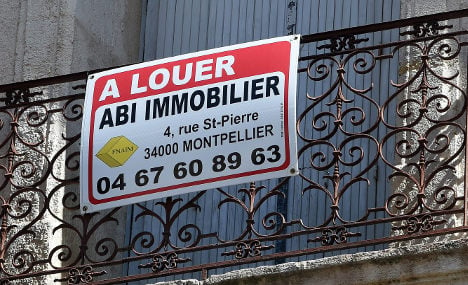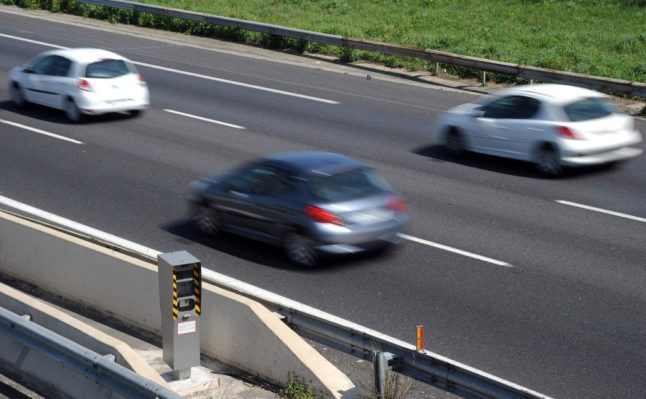Here’s a summary of what you need to know about the changes in August 2016.
Navigo Pass
As expected there has been a slight rise in the price of the monthly travel pass for commuters living in the French capital.
The cost of the Navigo pass will rise from €70 to €73 per month.
The cost of a simple one way ticket rises by 10 centimes to €1.90 and the cost of a book of 10 rises by 40 centimes to €14.50.
More good news for anyone living in France who uses electricity. The regulated tariffs will fall by 0.5 percent for households and 1.5 percent for companies.
The slight fall in prices, which if we are honest will probably allow you to buy an extra demi a month, is due to a repercussion of a fall in the drop of market prices, says France’s energy regulation commission.
The country’s environment minister Segolene Royal however points out that we should be grateful, given that it is the first fall drop in tariffs in 10 years.
Tourist tax on Airbnb rentals
August 2016 also marks the official date when Airbnb starts charging France’s “taxe de sejour” or tourist tax on those renting apartments in most of France’s big cities.
The tourist tax which t French hotel industry long complained about was not being applied to Airbnb rentals is already being paid by those renting in Paris.
But from now on it will also be applied to apartments in Ajaccio, Annecy, Antibes, Avignon, Biarritz, Bordeaux, Cannes, La Rochelle, Lille, Lyon, Marseille, Montpellier, Nantes, Nice, Saint-Malo, Strasbourg and Toulouse.

New guidelines prices for rent caps
Last August France introduced a new law that effectively set guidelines for rent prices, effectively rent caps. It sent the top rent price per metre squared based on several criteria. Although up until now it has only effected Paris and the Ile de France region.
Since then, Parisian landlords have had to play along with the rent-capping Loi Alur, which part of a bid to control rental prices in the capital, which have spiralled upwards by 42 percent over the last ten years.
On August 1st 2016 new references took effect that determine the rent prices that landlords can charge.
To check whether you are paying the right rent prices in Paris, you can click here or here.
A law that essentially prevents a landlord from raising the rent prices between tenants except in certain circumstances has also been continued for a further year.
The law applies only to certain towns and cities where demand far outweighs the number of apartments on offer.
Essentially if one tenant leaves, the landlord cannot just set a new price.
Changes to work tribunals
From now on, it won’t be so easy taking a case to the employment tribunal. In the past, filling out a simple form was all that was required.
But from now on anyone wishing to take an employer to an employment tribunal must send a request complete with reasons why you are bringing the case as well as copies of a whole list of documents. Or you can appear before the Conciliation Board to present your case.






 Please whitelist us to continue reading.
Please whitelist us to continue reading.
Member comments